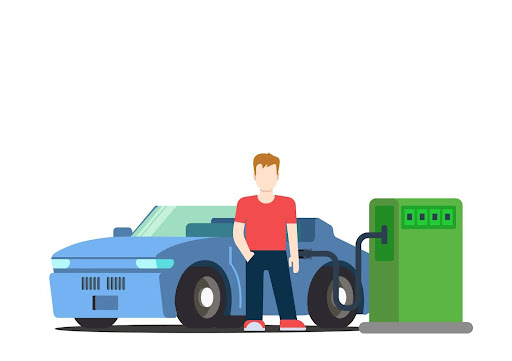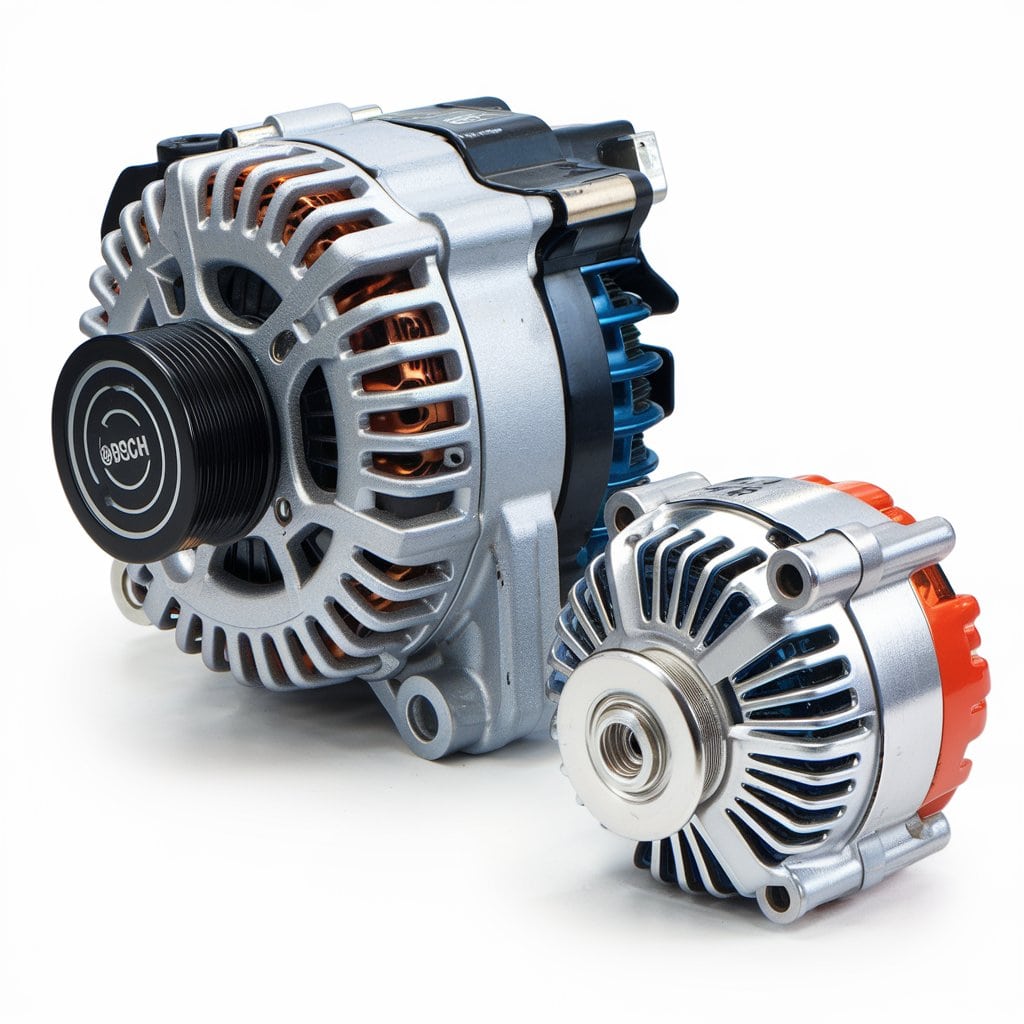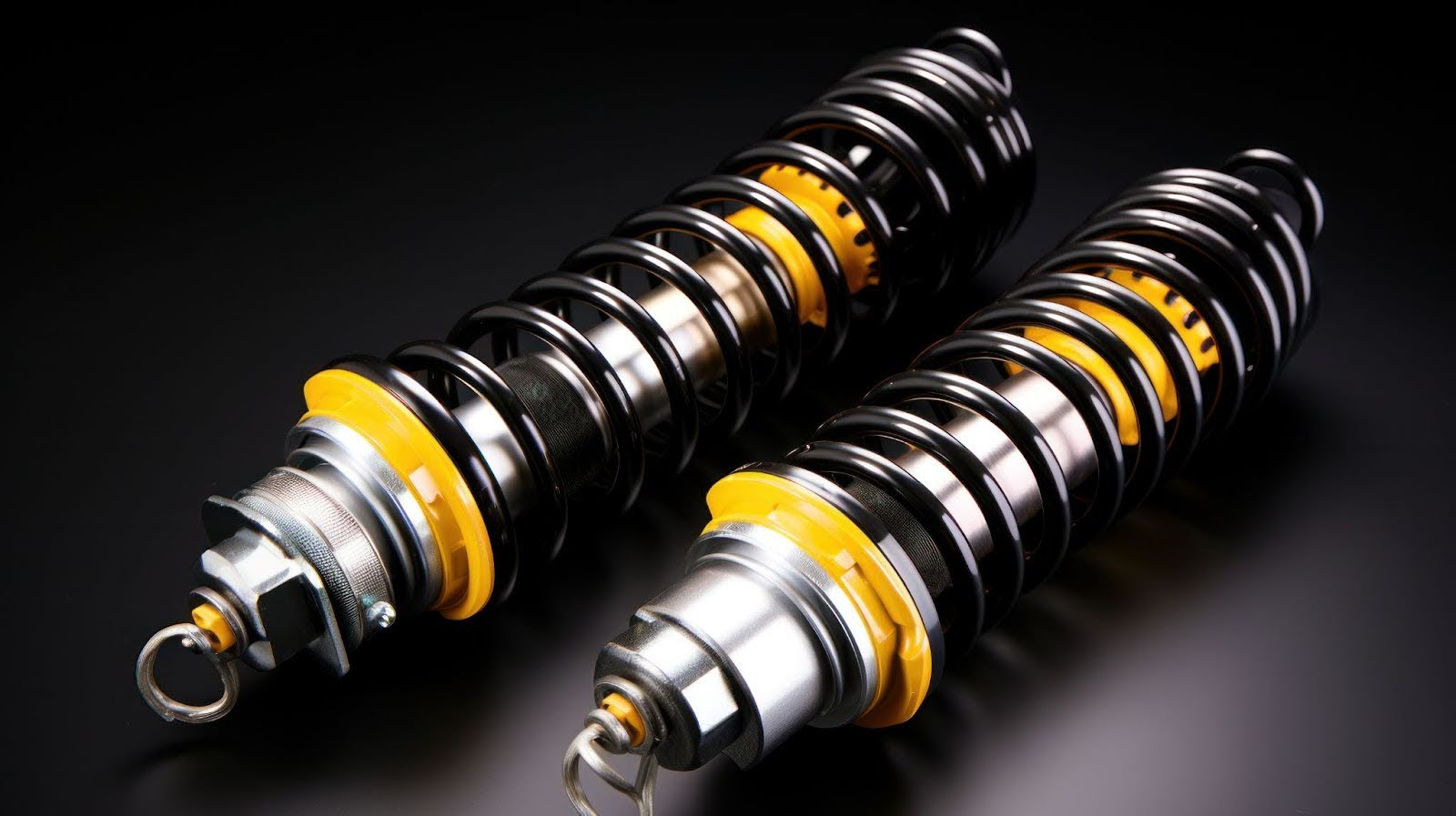Can You Mix Premium and Regular Gas? (Expert Advice)

Can you mix premium and regular gas?
Can you mix premium and regular gas: Yes, the two types of fuel can be mixed. The combined gas types will be an octane level somewhere in the middle range — something the vehicle ‘will survive,’ per The Drive. “If you are concerned with the knock, undecided about using the high octane fuel, you use normal fuel to the nearest station though you have to ensure that you have enough fuel to get to the destination.”
Difference between premium and regular gas
The initial matter that you have to learn the difference between premium and regular gasoline lies in the octane rating.
The more the octane rating, the lower the possibility of misfiring happening to the car in question. Pre-ignition or engine knocks are experienced any time there are such misfirings.
Higher octane fuel stops engine knocking, which while not a problem if it happens occasionally can be destructive in the long run.
Is it Bad to use a mix of Premium and Regular Gasoline?
I can remember when I used to drive an older vehicle, if one put regular-grade gasoline and premium-grade gasoline in the tank, the engine knocking would occur rapidly.
Today’s engines seem to be much more amenable to the sort. Is it wrong to use premium gas and regular gas?
Not necessarily if your car needs premium to run efficiently but there is no nearby station that sells premium gasoline it’s fine to fill up with regular gasoline. You do not want to be on regular gasoline for a long time though.
As was mentioned above, there are several cure cases when your vehicle needs premium gasoline.
It is evil if you have a turbocharged engine that requires higher octane fuels for it to run or maybe you decided to go for a high-performance car with a high machine like an engine with tolerance space.
Mixing Premium and Regular Gas: Key Points
Impact on Your Vehicle: Simply blending the two grades of gasoline won’t harm the vehicle, particularly if your car requires regular-grade gasoline. The mix offers enough octane rating and might even raise the mileage a notch.
But if your car is designed to run on premium-grade fuel, the mixture knocks down the octane and outcomes in poor fuel economy.
Older Cars and Pinging:
Many older cars, which are not built with the sophisticated computer controls now used, may dangerously “ping” if octane is too low. This can be solved by topping off with premium gas.
Mid-Grade and Unleaded Mixing:
Her third point is that those cars that use regular gas may get more benefits from mid-grade fuel than from the blend of premium and regular gas. Using unleaded fuels of different octane numbers is not hazardous, but using leaded fuel is dangerous.
E85 and Regular Gas:
Adding carbon-based fuel to the E85 (high octane ethanol) decreases octane thereby eradicating the need for E85. For some of the automobiles, a blend with 93 octane and E85 is most appropriate.
To Mix or Not:
Scholars have enjoined the blending of gas octanes as it has poor economic and performance benefits. It is advisable to adhere to the recommended octane for your car as discussed in earlier sources.

Conclusion: Can I Put Diesel in My Petrol Car?
You can blend premium and regular gasoline but it’s wise to ensure that the car’s needs are met. These two additives for most cars that use standard unleaded gasoline will not harm the car and can even slightly improve fuel economy.
Mixing is beneficial but for a car that requires super unleaded, a mix lowers the octane, signs that may affect performance and fuel economy.
Most current cars do not have problems switching between high and low-octane fuels since most of their system can adapt to the change and newer cars are found to ping with a low-octane blend, especially older models.
Of course, if you are able, the optimal choice of octane will be to remain with your car manufacturer’s suggestions in order to fully optimize your engine’s performance and mitigate any progressive engine loss.
Read More Articles: HOME





Thanks for sharing. I read many of your blog posts, cool, your blog is very good.
Your article helped me a lot, is there any more related content? Thanks!
Can you be more specific about the content of your article? After reading it, I still have some doubts. Hope you can help me.
Your article helped me a lot, is there any more related content? Thanks!